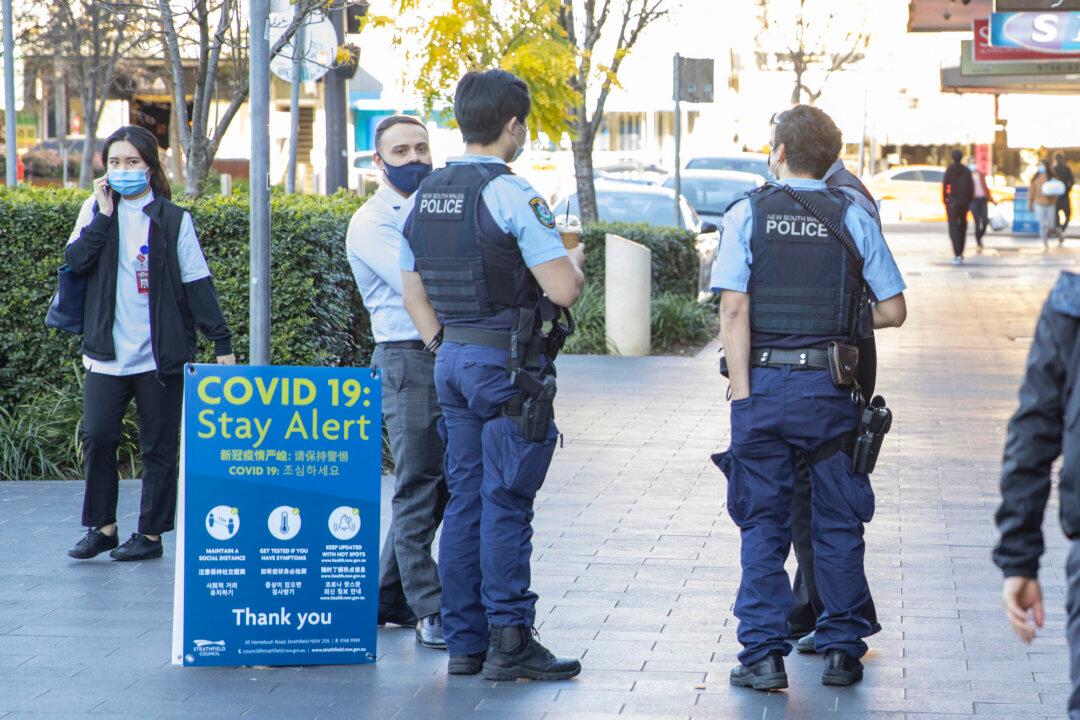Commentary
As Australia’s death toll from COVID-19 passes 1,000, opinions about the efficacy of draconian lockdowns are beginning to diverge across the country.

As Australia’s death toll from COVID-19 passes 1,000, opinions about the efficacy of draconian lockdowns are beginning to diverge across the country.